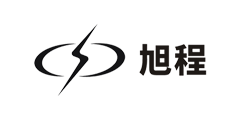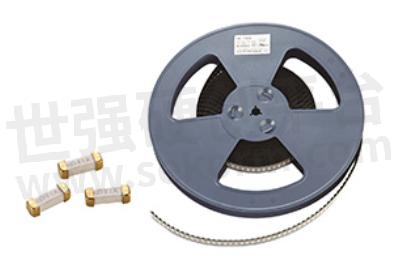The Current Development Status and Pattern Changes of The Automotive Fuse Industry.automotive Blade Fuse Specification

In daily life, automotive electronics can be seen everywhere, marking the development of a city. Therefore, the development of the automotive industry also drives the development of the fuse industry. Automotive insurance has a relatively rapid development in the industry.
Therefore, driven by the trend of lightweight, miniaturization, intelligence, and electrification of automobiles, the overall market size of automotive fuses has grown rapidly. European and American countries have implemented mandatory regulations to improve the energy conservation, emission reduction, and safety performance of automobiles. The rise of consumer electronics has led to a gradual increase in consumer demand for the communication and entertainment functions of automobiles. Therefore, the growth rate of safety control and communication and entertainment electronics will be particularly high, and major automobile manufacturers will also prioritize automotive electronics in differentiated competition.
The technological development and innovation of various parts of automobiles have a certain impact on the industry landscape, so the quality of vehicles is often linked to small parts. Here, the editor will provide a detailed introduction to the changes in the relevant development landscape.
1. Component manufacturers are moving towards the front end
The innovation and progress of automotive electronic technology is in line with the direction of energy conservation, environmental protection, safety and comfort, and communication and entertainment. The speed and breadth of technological innovation are unprecedented, and the content of innovation is increasingly involving interdisciplinary disciplines, such as materials science (light materials), chemistry (batteries), consumer electronics (communication and entertainment systems), etc.
For vehicle manufacturers, the cost and risk of conducting R&D throughout the entire line are high, and the complexity of technology also makes it difficult for them to independently undertake the research and development of a certain technology. This makes component manufacturers more advanced, filling the technological research and development gap of vehicle manufacturers, and investing heavily in emerging technologies such as batteries, positioning, and navigation. Therefore, vehicle manufacturers are outsourcing more and more components, and the standardization and modularization of components are also increasing. This coincides with the platform based strategy implemented by vehicle manufacturers to reduce costs and enhance production line flexibility.
2. Improved specialization of manufacturers
As the complexity of technological innovation deepens, the complexity and professionalism of individual components or component modules are increasing, and the synergistic effect between manufacturers developing and producing components of different modules or systems is becoming less and less obvious. Therefore, some famous component manufacturers spin off non core businesses and engage in horizontal acquisitions instead of vertical acquisitions, thereby improving their level of specialization and competitiveness of their core businesses, This has promoted an increase in the concentration of segmented markets.
3. Cross industry competition highlights
With the gradual penetration of information technology, consumer electronics and other applications into the automotive industry, the traditional automotive industry is facing challenges from new industries such as the mobile internet and consumer electronics. Internet companies hope to strengthen their existing business and enhance cloud service capabilities by acquiring or increasing customer traffic. Therefore, they are accelerating the layout of automotive terminals and turning them into important entrances and platforms for the Internet. Many information technology companies have entered the automotive industry with their own technological advantages, promoting the informationization and intelligent development of automobiles.

Fig.1
- +1 Like
- Add to Favorites
Recommend
- What Do You Need to Know about Automotive Fuses
- Littelfuse EV1K Series Fuse First to Provide 1000Vdc Automotive Grade Protection for Next-Gen Passenger Cars and Commercial EVs
- Littelfuse Launches the First Automotive Grade PolarP P-Channel Enhancement Mode Power MOSFET IXTY2P50PA
- Littelfuse Launches SM10 Series Varistor: A Breakthrough in Automotive and Electronics Surge Protection
- Selection of Current Fuses in Automotive Circuits
- Very Fast Acting Fuse PICO® II Fuse Series, Designed for Battery Management System | Littelfuse
- AEM Automotive Grade Surface Mount Fuses Meet New Regulation of AEC-Q200 Rev E
- Automotive Chip Provider NOVOSENSE Has Officially Become a Member of Automotive Electronics Council
This document is provided by Sekorm Platform for VIP exclusive service. The copyright is owned by Sekorm. Without authorization, any medias, websites or individual are not allowed to reprint. When authorizing the reprint, the link of www.sekorm.com must be indicated.





























































































































































































































































































































































































































































































































































































































































































































































































































































































